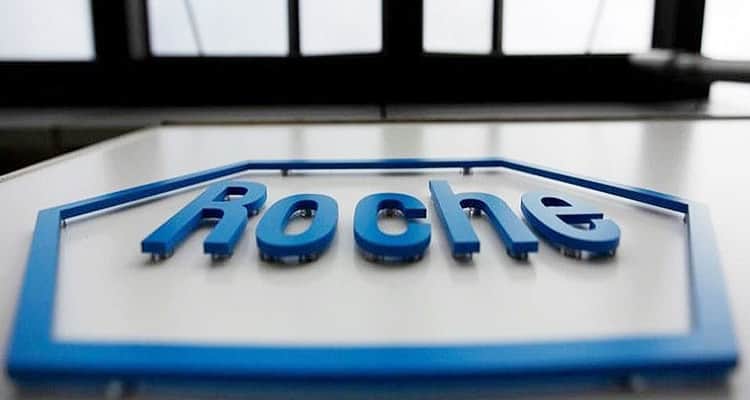Roche presents new data for Polivy in previously untreated diffuse large B-cell lymphoma at ASH 2022
Updated data from phase-III Polarix study continue to demonstrate a statistically significant reduction in the risk of disease worsening or death for people with previously untreated Diffuse Large B-Cell Lymphoma (DLBCL)
Roche yesterday announced that new and updated data for its first-in-class anti-CD79b antibody-drug conjugate Polivy (polatuzumab vedotin) were presented at the 64th American Society of Hematology (ASH) Annual Meeting and Exposition, 10-13 December, 2022. Data from the Polarix study support the potential benefit of Polivy in combination with MabThera/Rituxan (rituximab), cyclophosphamide, doxorubicin and prednisone (R-CHP) to improve outcomes for people with previously untreated Diffuse Large B-Cell Lymphoma (DLBCL).
“Too many patients with diffuse large B-cell lymphoma see their cancer relapse or progress after initial treatment. This highlights the need to improve on a standard-of-care that has remained unchanged for the last two decades. These updated Polarix data indicate the potential benefits that this Polivy-based regimen could bring to people living with this aggressive type of lymphoma, and demonstrate our commitment to developing new treatment options,” said Levi Garraway, MD, PhD, Chief Medical Officer, and Head, Global Product Development, Roche, in the statement.
After a median follow up of three years, Progression-Free Survival (PFS) data continued to show a statistically significant reduction in the risk of disease worsening or death with Polivy plus R-CHP compared with rituximab plus cyclophosphamide, doxorubicin, vincristine and prednisone (R-CHOP; After a median follow-up of 39.7 months, Overall Survival (OS) data was immature with few events in each arm and remained similar between Polivy plus R-CHP and R-CHOP. In the longer follow-up analysis, no new safety signals were identified, a statement from Roche notified.
Health-related quality of life (HRQoL) data from the Polarix study were also presented, showing that most patients with previously untreated DLBCL receiving Polivy plus R-CHP or R-CHOP reported clinically meaningful improvements in lymphoma symptoms after the first cycle of treatment across both arms (82.3 per cent and 81.3 per cent of patients, respectively, the statement added.
Improvements in fatigue and physical functioning were similar with Polivy plus R-CHP versus R-CHOP, with 74.8 per cent versus 68.2 per cent of patients reporting improvements in fatigue and 42.4 per cent versus 39.6 per cent of patients reporting clinically meaningful improvements in physical functioning at any time point. Reported improvements were sustained during and after first-line therapy, up to the 24-month follow-up. This HRQoL analysis of the Polarix study demonstrates that these patient-reported outcomes are not compromised with improved PFS, highlighting the potential of Polivy to help manage the burden of DLBCL, the statement further added.
It also mentioned that the need for more effective treatments for patients with previously untreated DLBCL was underscored in an economic analysis of the total cost of care in relapsed or refractory (R/R) DLBCL. The study evaluated healthcare costs and resources in the second-line setting and beyond, and found that total healthcare costs increased with each additional line of treatment.3 Separately, an analysis of the Polarix study also presented at ASH showed that over the next ten years, Polivy plus R-CHP has the potential to reduce the number of patients receiving second-line treatment by 27 per cent compared to R-CHOP, potentially improving the chance of a positive outcome for more patients and significantly reducing the overall treatment burden of DLBCL.



Your blog is very informative. thanks for Sharing this blog.